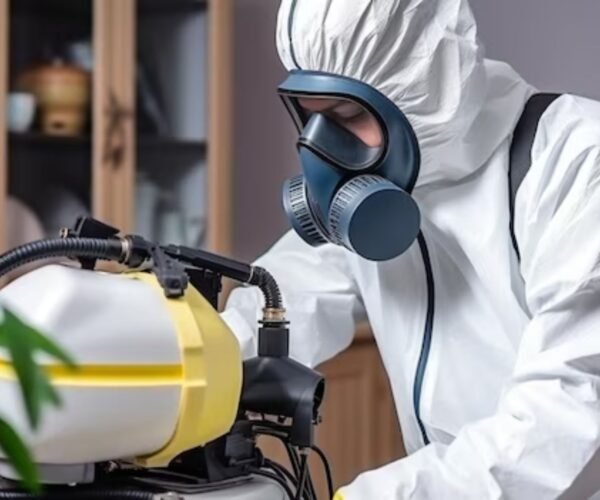Introduction: Indoor air quality is a topic of growing concern for many homeowners. With the winter months approaching, heating systems are becoming a priority. One popular choice is heating oil, which provides warmth and comfort in homes across the world. However, it’s important to understand the impact that heating oil Abington, MA can have on indoor air quality. In this blog post, we will explore the potential effects of heating oil on indoor air quality and discuss ways to maintain a healthy living environment.
So, let’s dive in and discover the importance of ensuring clean and fresh air in our homes.
-
Understanding Heating Oil
Heating oil is a type of fuel commonly used in residential heating systems. It is stored in tanks and delivered to homes to generate heat and maintain a comfortable temperature during cold weather. Unlike natural gas, heating oil Abington, MA requires an independent storage tank, which raises concerns about its impact on indoor air quality.
-
Common Indoor Air Pollutants
Indoor air can be contaminated by various pollutants, including particulate matter, volatile organic compounds (VOCs), carbon monoxide, and nitrogen dioxide. While heating oil itself does not emit these pollutants, its combustion process can release harmful substances into the air, especially if the heating system is not properly maintained or ventilated.
-
Particulate Matter and Respiratory Health
When heating oil is burned, it can produce particulate matter, tiny particles that can be inhaled into our lungs. These particles can irritate the respiratory system and trigger health issues such as asthma, allergies, and other respiratory conditions. It is essential to take measures to minimise the release of particulate matter and ensure clean air.

-
Volatile Organic Compounds (VOCs)
Heating oil combustion can also release VOCs, which are chemicals that can evaporate into the air at room temperature. VOCs can have both short-term and long-term health effects, including eye, nose, and throat irritation, headaches, and respiratory problems. Proper ventilation and regular maintenance of heating systems can help reduce the release of VOCs.
-
Carbon Monoxide Poisoning Risk
One of the most serious risks associated with heating oil is the potential for carbon monoxide (CO) poisoning. Incomplete combustion of heating oil can lead to the release of carbon monoxide, a colourless, odourless gas that can be lethal in high concentrations. It is crucial to have carbon monoxide detectors installed in your home and ensure regular maintenance of your heating system to prevent any risk of poisoning.
-
Preventing Indoor Air Quality Issues
To maintain good indoor air quality while using heating oil, there are several steps you can take. First, it is essential to schedule regular maintenance for your heating system and ensure that it is operating efficiently. Proper ventilation is crucial to allow the release of pollutants outside the living space. Ventilation can be improved through the use of exhaust fans and opening windows when weather permits.
-
Using High-Quality Heating Oil
Choosing high-quality heating oil can also make a significant difference in indoor air quality. Look for suppliers who provide clean and low-sulfur heating oil, as this can help minimise the release of pollutants during combustion. Additionally, consider using additives that can enhance the combustion process and reduce the production of particulate matter and VOCs.
Conclusion
Heating oil provides warmth and comfort during the winter months, but it’s important to be aware of its potential impact on indoor air quality. Taking proactive measures, such as regular maintenance, proper ventilation, and using high-quality heating oil Abington, MA, can help minimise pollutants and ensure a healthier living environment.
Remember, the quality of the air we breathe is directly linked to our well-being, so it’s worth paying attention to and taking steps to maintain good indoor air quality. Stay warm and breathe easy this winter!





